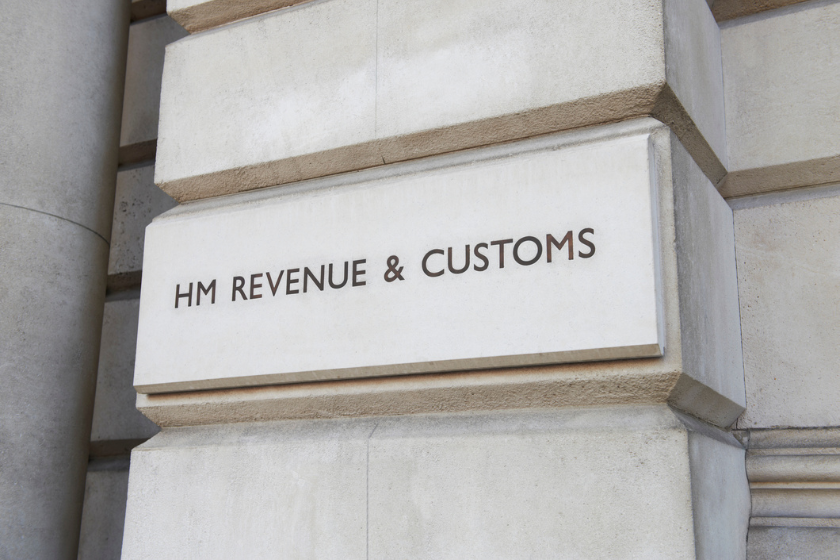HMRC umbrella company ‘checking tool’ looms for workers
Umbrella company consultation response and guidance due from HMRC, as more details come out on Tax Administration and...
READ MORE
HMRC is restricting access to its self-assessment helpline from 11 December 2023 to 31 January 2024 – the latest in a series of service reductions in the past year.

A reduction in access to HMRC’s self-assessment helpline will start on 11 December 2023 and run to 31 January 2024, in a bid to push more taxpayers and their agents onto the tax department’s digital services.
HMRC says it “will focus its self-assessment helpline on priority calls” in the run-up to the filing deadline, and that taxpayers and their accountants calling with queries that can be resolved quickly and easily will be directed online.
The deadline of 31 January 2024 is for taxpayers filing their 2022/23 self-assessment tax returns. It is also the deadline for those making a payment on account for their income tax and/or national insurance liabilities.
HMRC Chief Jim Harra acknowledged back in May that the tax authority’s resources would not support delivery of phone and postal services to meet forecast demand – a prediction that has well and truly played out, with a revolving door of services since then.
That list of closures includes a three-month shutdown of the self-assessment helpline from 12 June 2023 to 4 September 2023, explained as a “trial of a new seasonal model” for the self-assessment helpline. Victoria Atkins, former financial secretary to the Treasury, defended that decision by saying summer “is a quiet quarter for the self-assessment line”.
The IFA had previously stated that the summer helpline closure was “a symptom and clear indicator of the resource pressure the department is under”, and warned that “if HMRC is not allocated additional resources, the department’s helplines and overall service may well face further damage and deterioration”.
HMRC had announced the summer closure on 8 June, giving taxpayers less than two working days to adapt – the same as it has done this month.
“Unfortunately, this appears to be yet another example of HMRC moving away from direct contact with agents,” IFA Director of Professional Standards Tim Pinkney says. “Due to the lack of detail provided, it leaves members guessing whether their query will be dealt with or if they will be directed online and sent a text message. Callers may even get through to an adviser who declines to deal with their query and directs them to online services.”
In announcing the December and January helpline reduction, Angela MacDonald, HMRC’s deputy chief executive and second permanent secretary, acknowledged that “this is a busy time for customers who want to get their taxes sorted”, but added: “The vast majority of self-assessment customers file their returns digitally, so we’re helping them make the next step to resolving simpler queries through our online services … We want to help customers resolve any issues in the quickest and easiest way, which is often through our online services.”
Meanwhile, the House of Commons’ Treasury Committee expressed its concerns about HMRC’s latest decision to reduce its self-assessment helpline service following summer disruption.
In a 7 December statement, the committee said that Jim Harra, HMRC’s chief executive, wrote to it confirming HMRC will be directing more callers to their online services in order to focus on ‘priority calls’ ahead of the filing deadline on 31 January 2024.
The statement added that Treasury Committee chair Harriett Baldwin, a Conservative MP, had responded, asking Mr Harra if it was “related to pent-up demand caused by the closure of the helpline over the summer” and requested reassurance the online services are easy to find and use, as well as asking why the public is receiving such short notice.
“The Treasury Committee has repeatedly stressed our concern about the management of the self-assessment helpline, particularly when it closed at such short notice over the summer leaving many struggling to access help with tax issues,” Baldwin said.
“Giving the public less than two working days’ notice of a significant reduction in service, while the deadline for self-assessment returns looms, is yet another alarming development for an increasingly pressured government service,” Baldwin added. “I have written to the CEO of HMRC in order to get much-needed answers about what this means for taxpayers.”
In its announcement of the latest helpline reduction, HMRC said it “is transitioning to a digital-first approach” and “is continuing to improve and expand its online services, increasing their capabilities and ease of use so they become the default option for customers.”
The tax authority added that “the vast majority of [self-assessment taxpayers] use HMRC’s online services, with more than 97% of customers filing their self-assessment returns online last year,” and “more than a million people every month” use the HMRC app. “Overall customer satisfaction with these services is at more than 80%,” HMRC added.